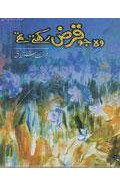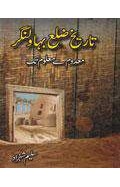- Home
- Books
- Categories
- Urdu Books
- Urdu Literature
- Tarar's Fragile Times - The Work of Mustansar Hussain Tarar
Tarar's Fragile Times - The Work of Mustansar Hussain Tarar
By: Muhammad Safeer Awan
-
Rs 1,620.00
- Rs 1,800.00
- 10%
You save Rs 180.00.
Due to constant currency fluctuation, prices are subject to change with or without notice.
The title of the book under review comes from the English rendition of the title of Mustansar Hussain Tarar’s novel Khas-o-Khashak Zamanay, translated by Muhammad Safeer Awan, the author of this critical study. However, as the title suggests, and a close reading of the book endorses, fragility works as a sort of epistemological principle of Tarar’s oeuvre of fiction. While navigating times, events and characters’ lives, Tarar’s fictional imagination remains prone to capturing their fragile, unstable sides.
Awan, a notable critic, opines that the type of fiction Tarar has produced throughout is a “fiction of ideas”. In comparison to ‘fiction of situation’, which mostly revolves around linearity of time and interesting, well-connected events, ‘fiction of ideas’, the author explains, “depicts more abstract concepts: the dilemmas, the psychological and spiritual dimensions of the characters’ selves.”
The title of the book under review comes from the English rendition of the title of Mustansar Hussain Tarar’s novel Khas-o-Khashak Zamanay, translated by Muhammad Safeer Awan, the author of this critical study. However, as the title suggests, and a close reading of the book endorses, fragility works as a sort of epistemological principle of Tarar’s oeuvre of fiction. While navigating times, events and characters’ lives, Tarar’s fictional imagination remains prone to capturing their fragile, unstable sides.
Awan, a notable critic, opines that the type of fiction Tarar has produced throughout is a “fiction of ideas”. In comparison to ‘fiction of situation’, which mostly revolves around linearity of time and interesting, well-connected events, ‘fiction of ideas’, the author explains, “depicts more abstract concepts: the dilemmas, the psychological and spiritual dimensions of the characters’ selves.”
Tarar's Fragile Times - The Work of Mustansar Hussain Tarar
By: Muhammad Safeer Awan
Rs 1,620.00 Rs 1,800.00 Ex Tax :Rs 1,620.00
Zubin Mehta: A Musical Journey (An Authorized Biography)
By: VOID - Bakhtiar K. Dadabhoy
Rs 892.50 Rs 1,050.00 Ex Tax :Rs 892.50
No similar books from this author available at the moment.
No recently viewed books available at the moment.
Zubin Mehta: A Musical Journey (An Authorized Biography)
By: VOID - Bakhtiar K. Dadabhoy
Rs 892.50 Rs 1,050.00 Ex Tax :Rs 892.50
Tarar's Fragile Times - The Work of Mustansar Hussain Tarar
By: Muhammad Safeer Awan
Rs 1,620.00 Rs 1,800.00 Ex Tax :Rs 1,620.00












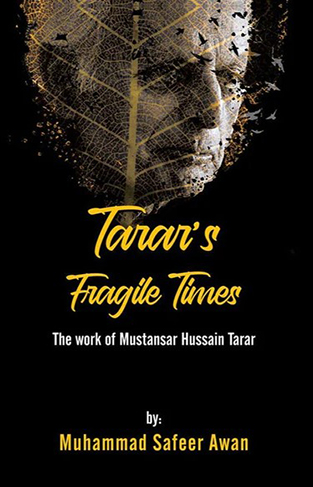
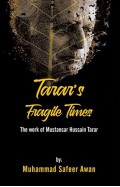

-120x187.jpg?q6)





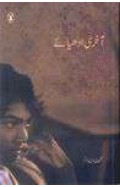
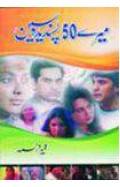
-120x187.jpg?q6)
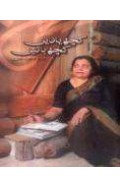
-120x187.jpg?q6)
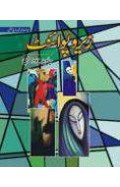
-120x187.jpg?q6)
